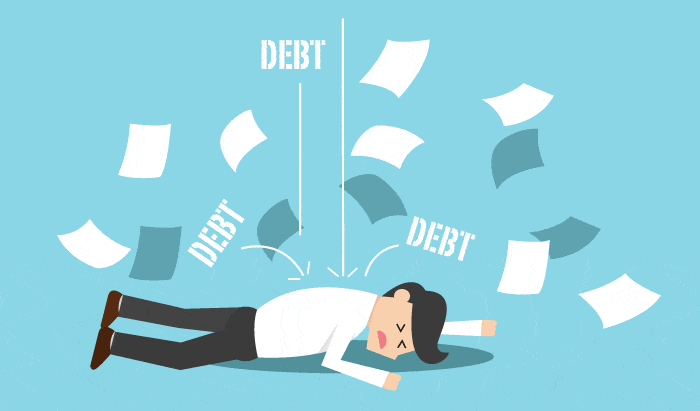The Connection Between Debt and Stress

 Debt and Stress: Understanding the Connection
Debt and Stress: Understanding the Connection
Financial strain can feel like a heavy burden—not just on your budget, but on your body and mind. At Dealing With Debt, we know that money stress is more than just a number. It’s something that affects your health, your relationships, and your overall well-being.
That’s why addressing debt means more than crunching numbers. It means understanding how stress shows up—and learning how to manage it with intention.
 How Financial Stress Affects Your Health
How Financial Stress Affects Your Health
When debt builds up, it often triggers a cascade of emotional and physical responses, including:
Sleep Disruption: Worries about bills and budgeting can lead to restless nights.
Mental Health Struggles: Anxiety, depression, and a persistent sense of overwhelm are common.
Physical Symptoms: Stress can lead to headaches, high blood pressure, or heart-related issues.
Strained Relationships: Financial tension can drive emotional distance or arguments.
Recognizing these effects is an important first step. When you can name the stress, you can start to manage it.
 Identifying Your Personal Stress Triggers
Identifying Your Personal Stress Triggers
Stress often comes with specific, high-pressure events. Common triggers include:
Unexpected Expenses: Medical bills, car repairs, or job loss.
Mounting Debt: Feeling like the balance is growing faster than you can pay it down.
Lack of Financial Knowledge: Uncertainty about next steps can deepen anxiety.
Understanding what sets off your stress can help you take back control.
 A Practical Framework for Managing Financial Stress
A Practical Framework for Managing Financial Stress
At DWD, we believe in proactive steps that reduce both debt and stress. Here’s how to get started:
1. Acknowledge What You’re Feeling
Admitting that you’re stressed is not weakness—it’s the start of change.
2. Track Your Spending
See where your money is going. Awareness opens the door to better decisions.
3. Set Small, Realistic Goals
Start with one achievable target. Momentum builds confidence.
4. Seek Support
You’re not alone. Our coaches and community offer practical tools and encouragement.
5. Prioritize Self-Care
Simple habits—like a walk, deep breathing, or quiet time—can calm your system and clear your mind.
📈 Long-Term Financial Health Starts with Stress Awareness
Managing financial stress is an ongoing process, not a one-time fix. At Dealing With Debt, we’re here to support you with expert guidance, practical tools, and a judgment-free community.
Explore our resources and take one small step today. You deserve less stress, more clarity, and a future you can feel good about—one budget at a time.
At Dealing With Debt, our mission is to reduce financial stress, build confidence, and create a more stable future—one budget at a time. Through expert guidance, practical tools, and a supportive community, we help people take control of their finances and improve their overall well-being.






@Aventgers @infgurl good read